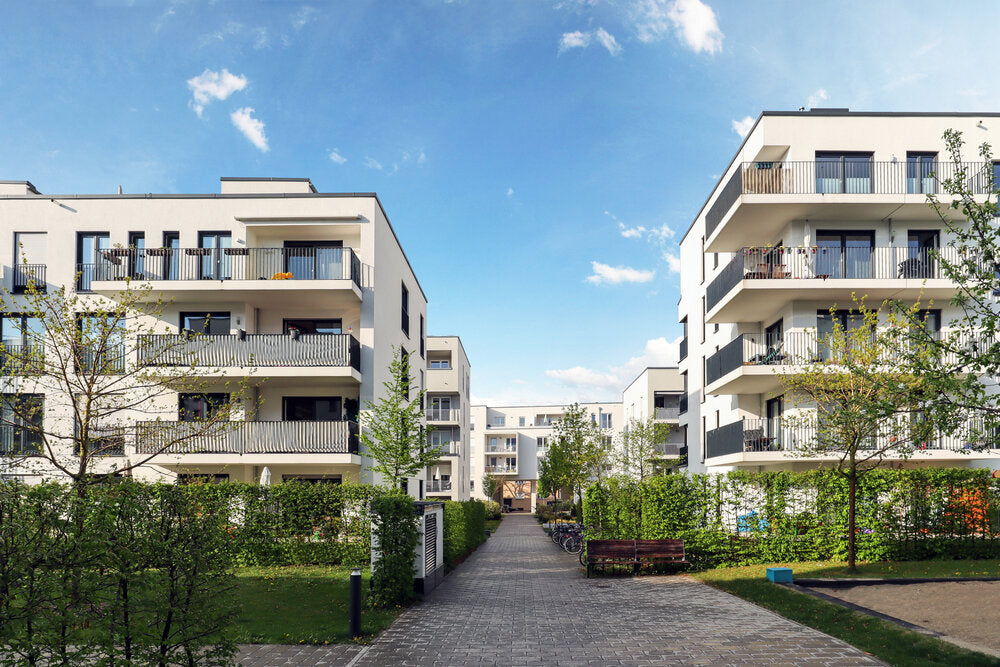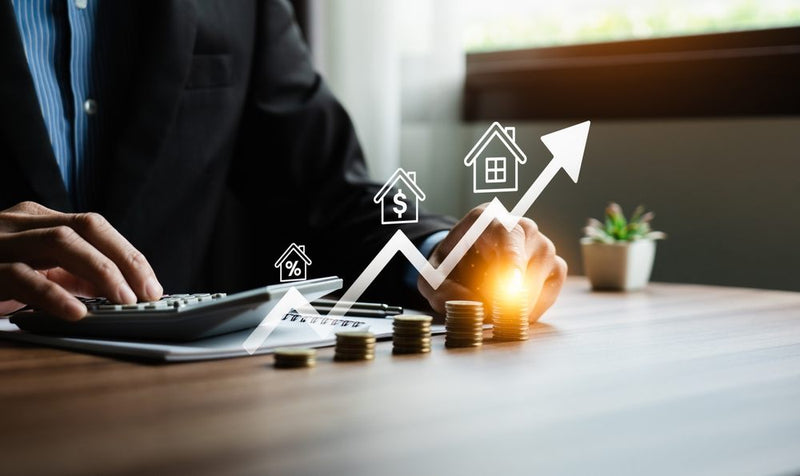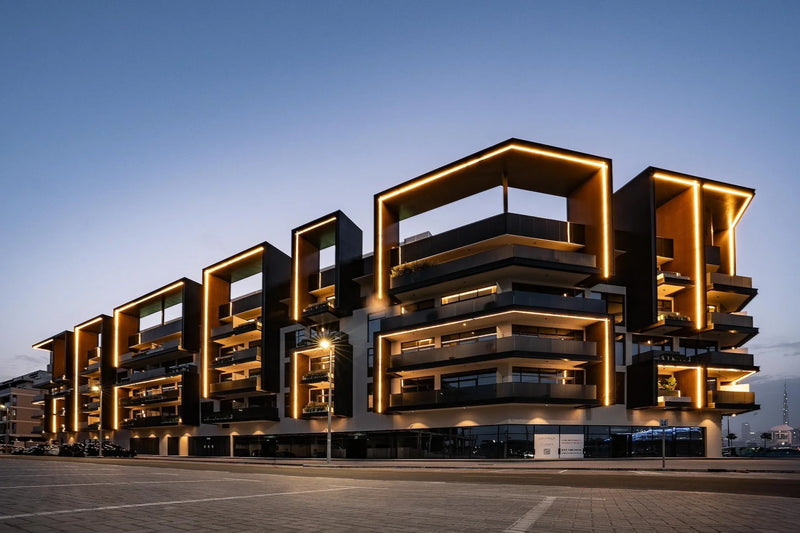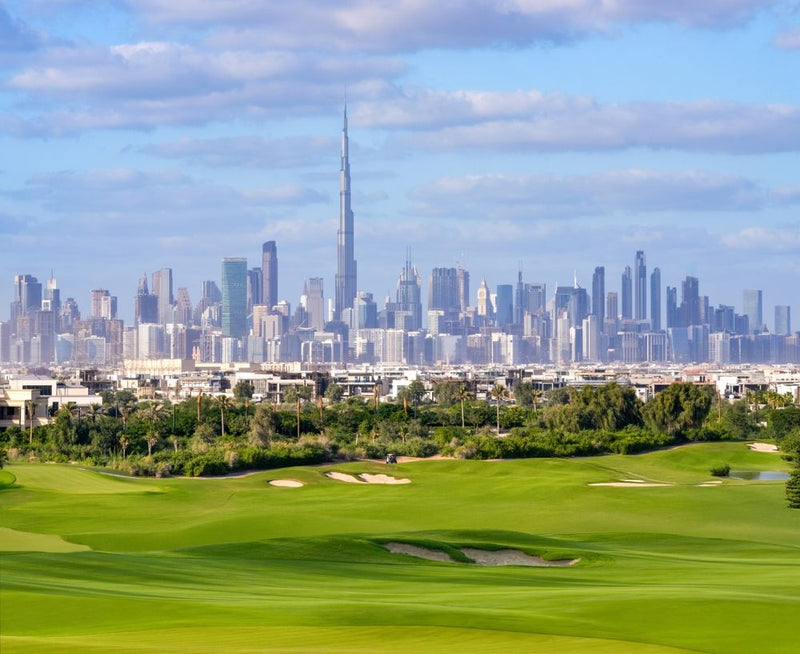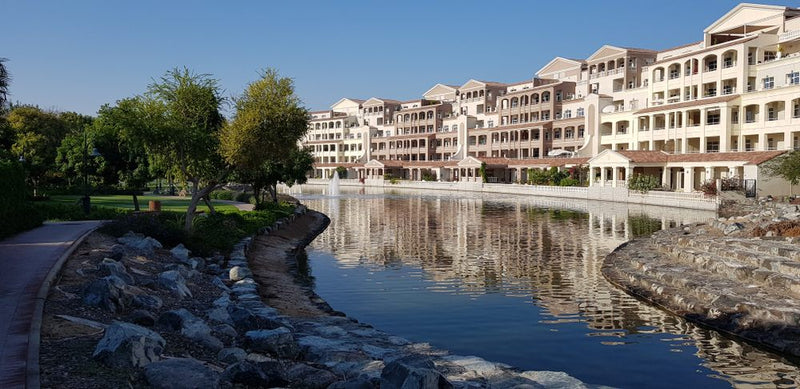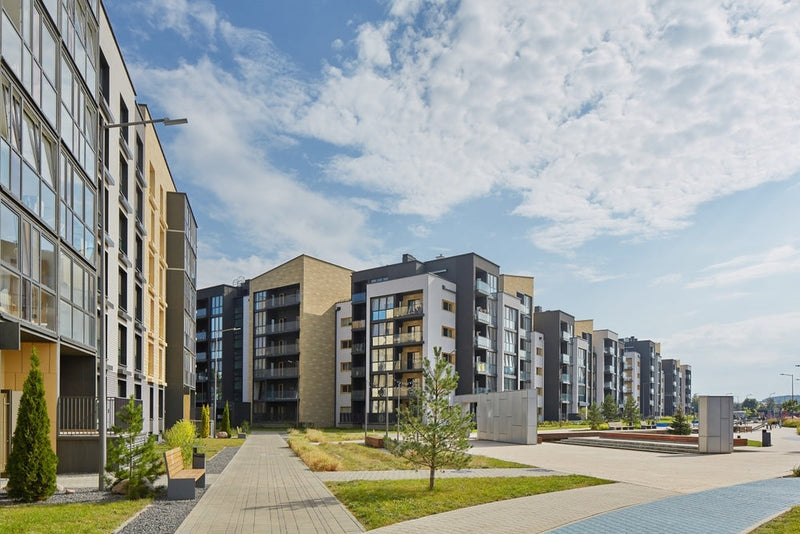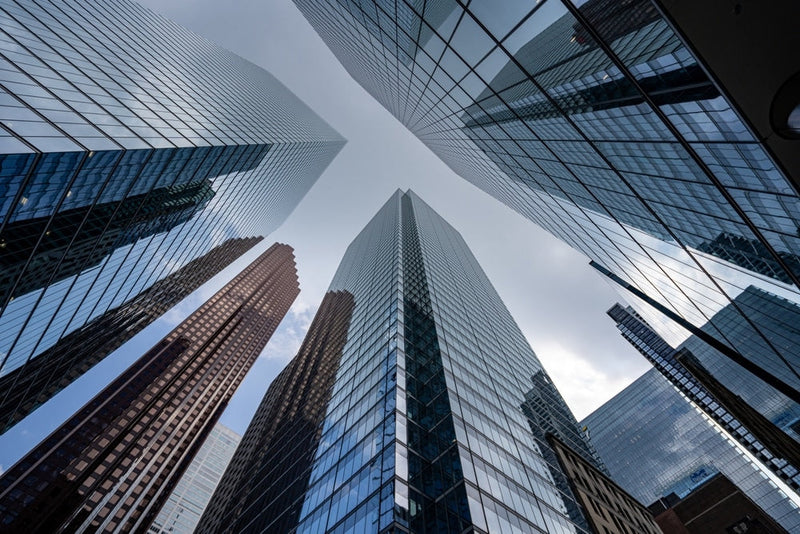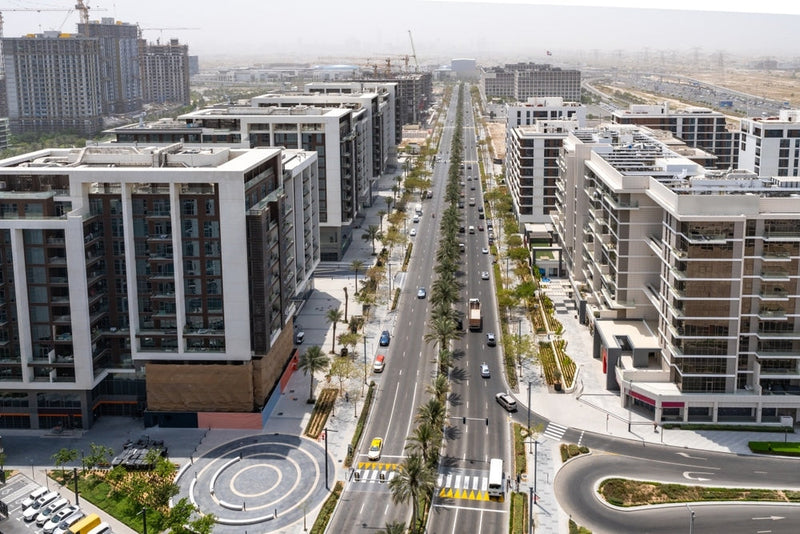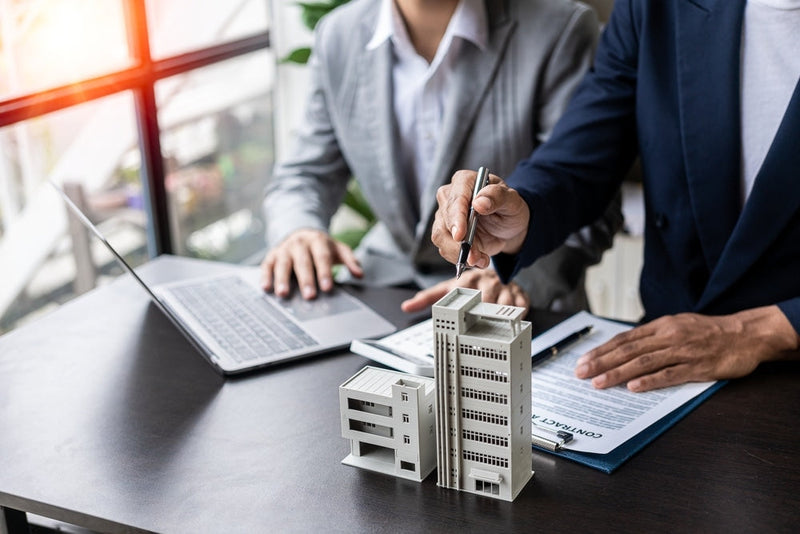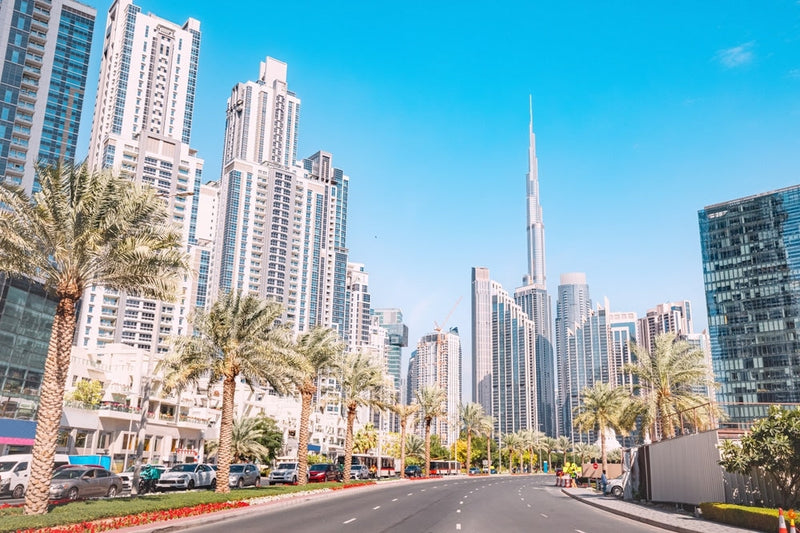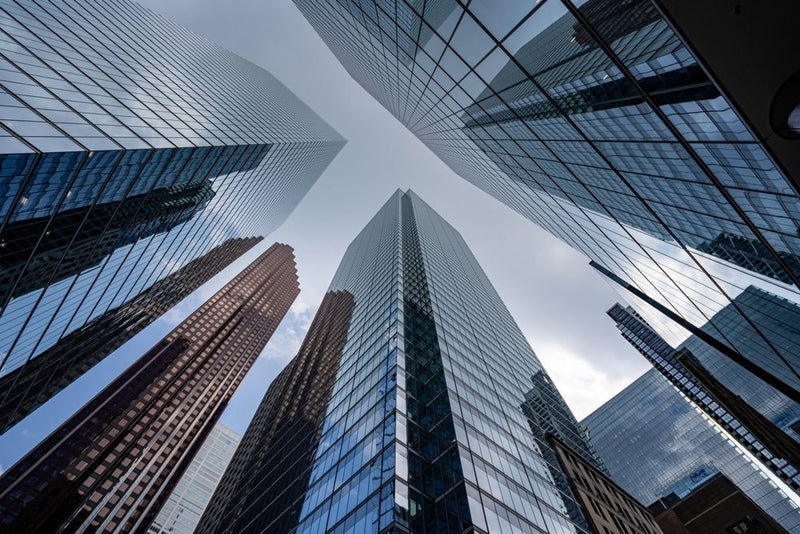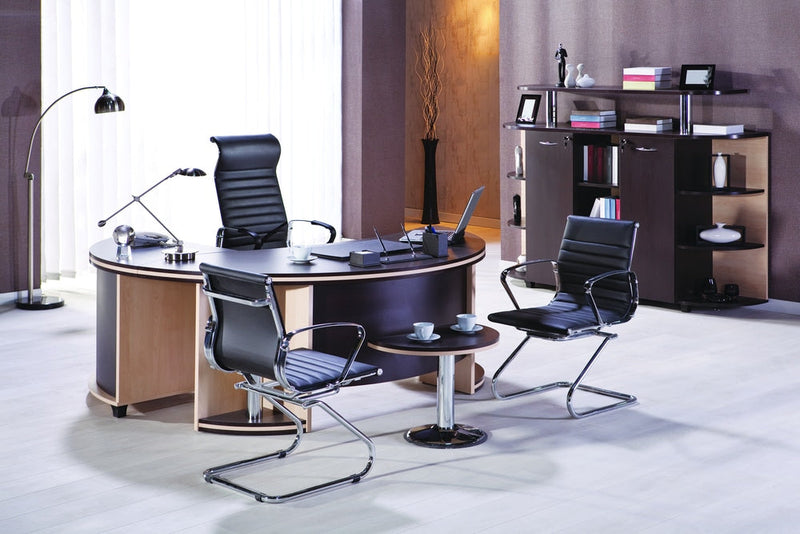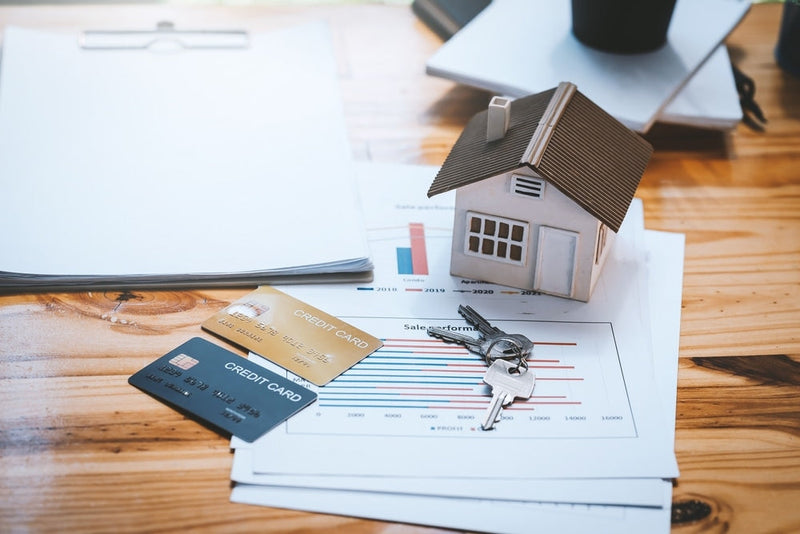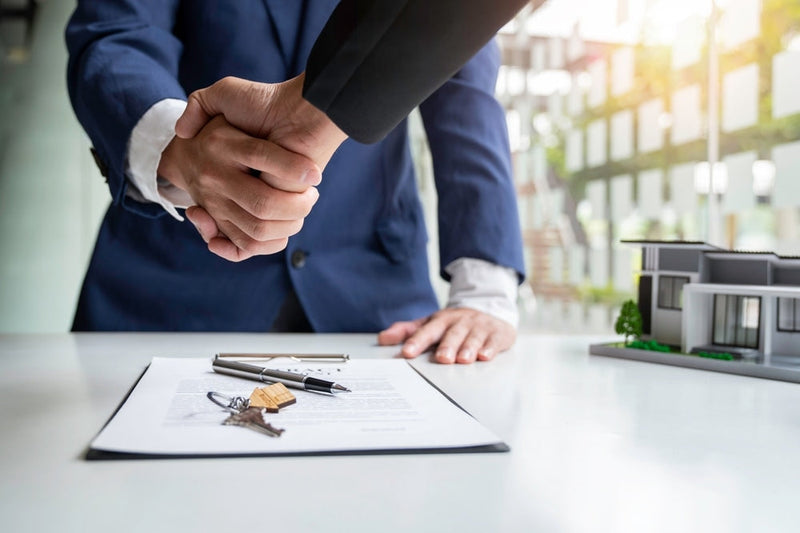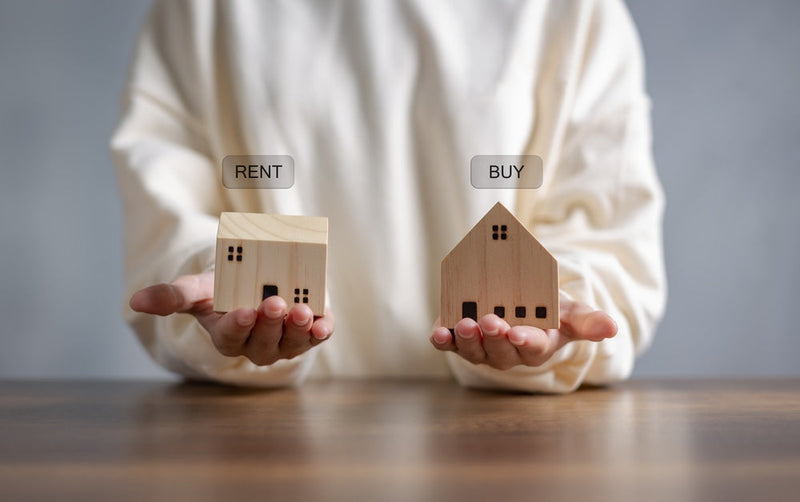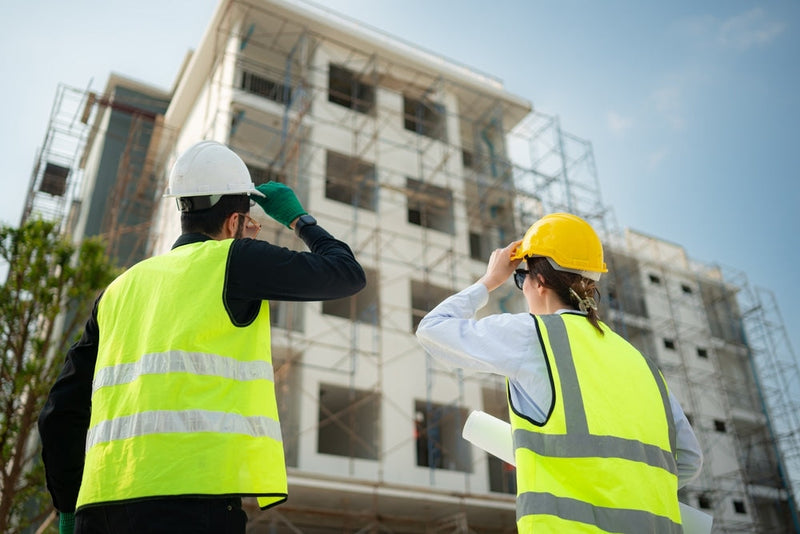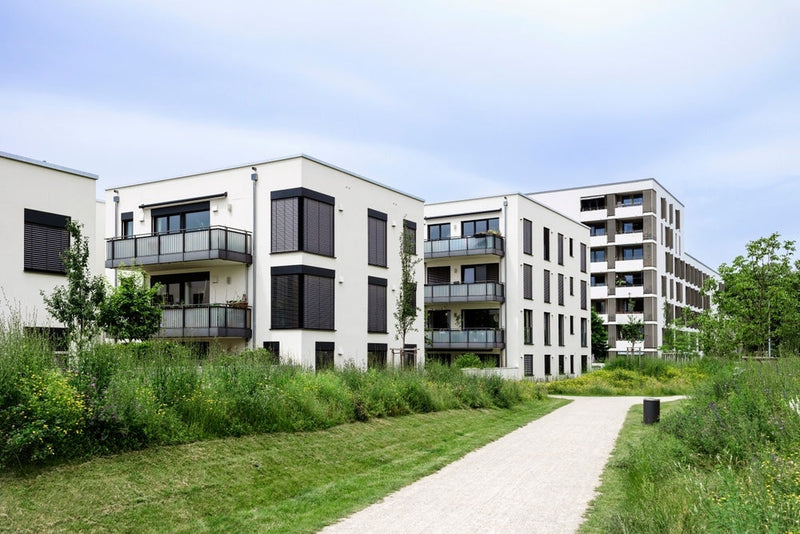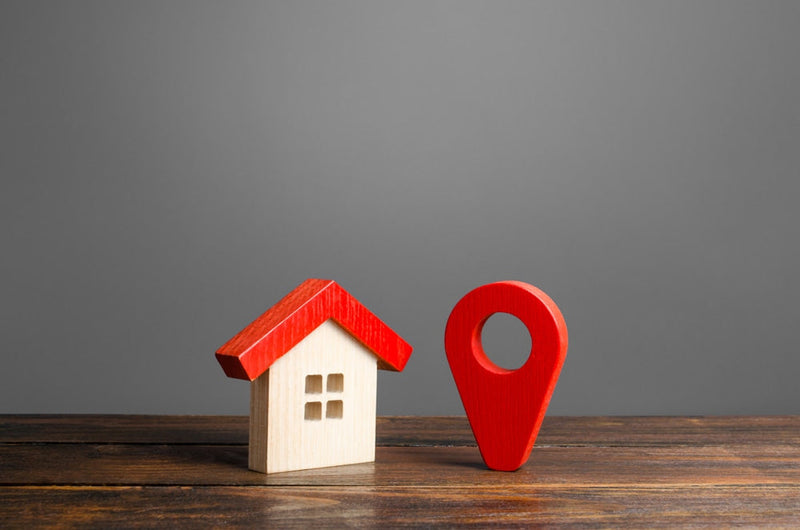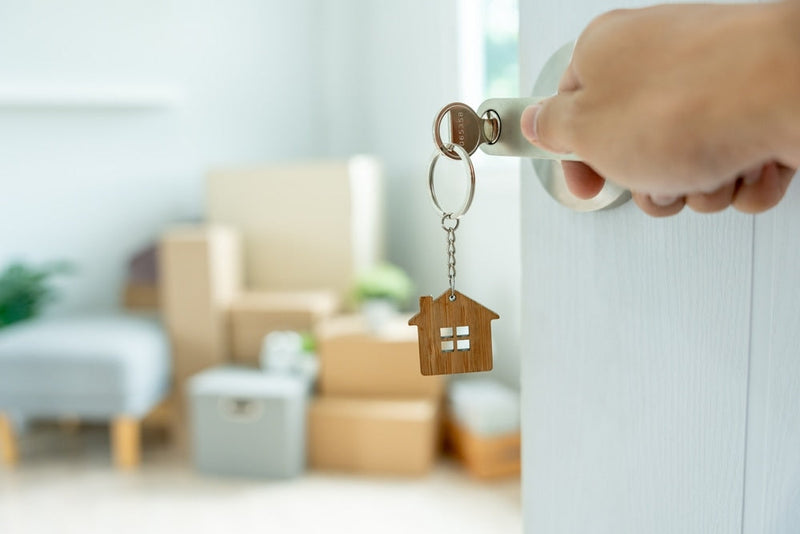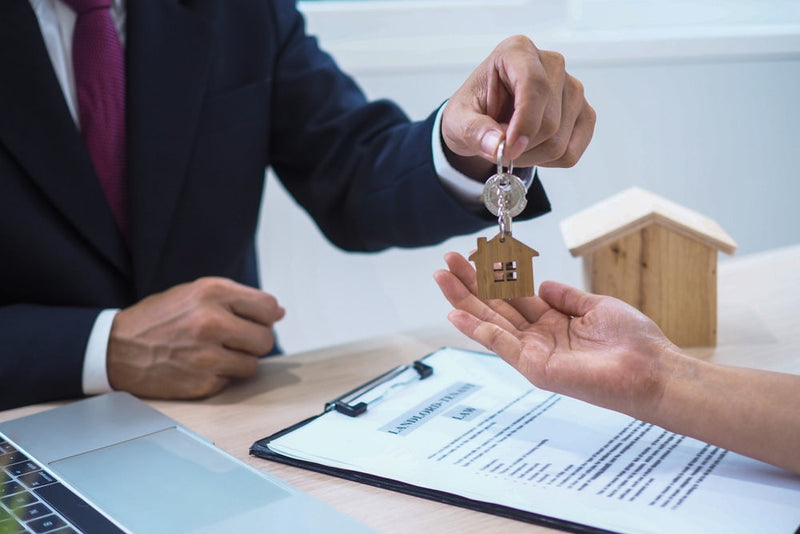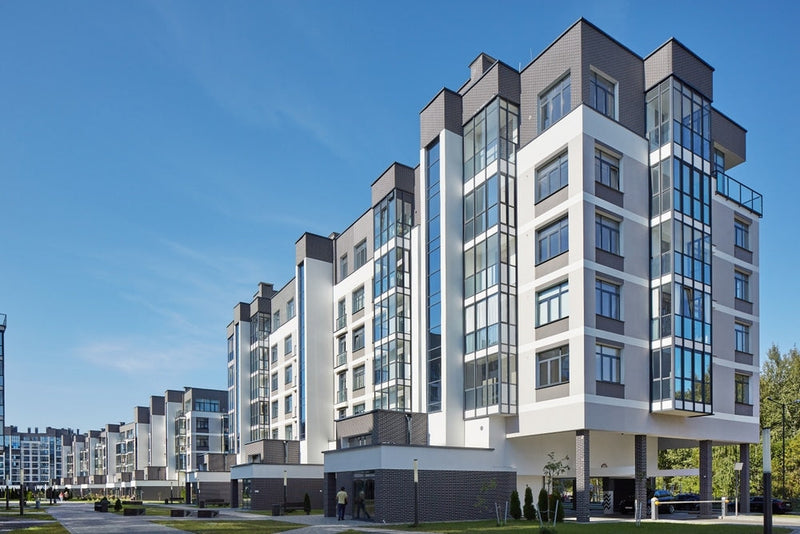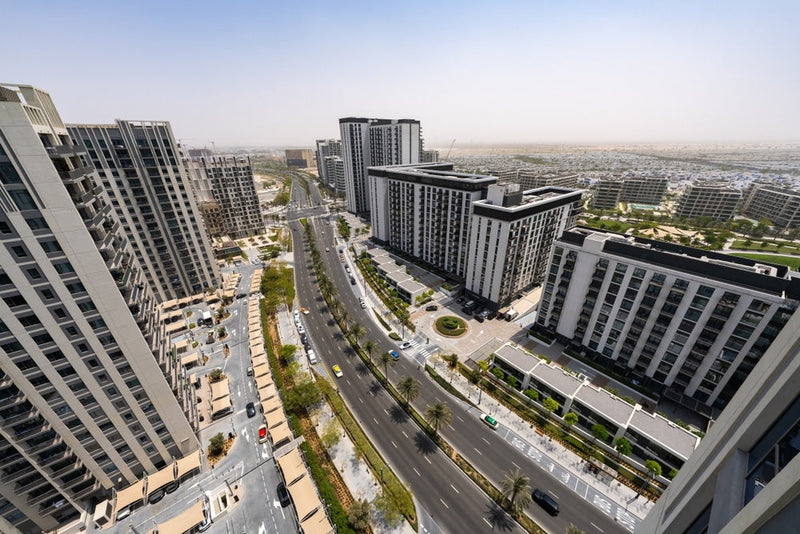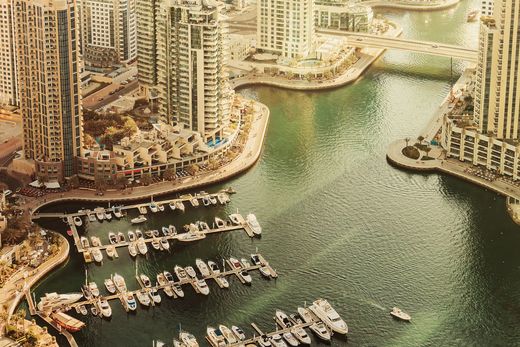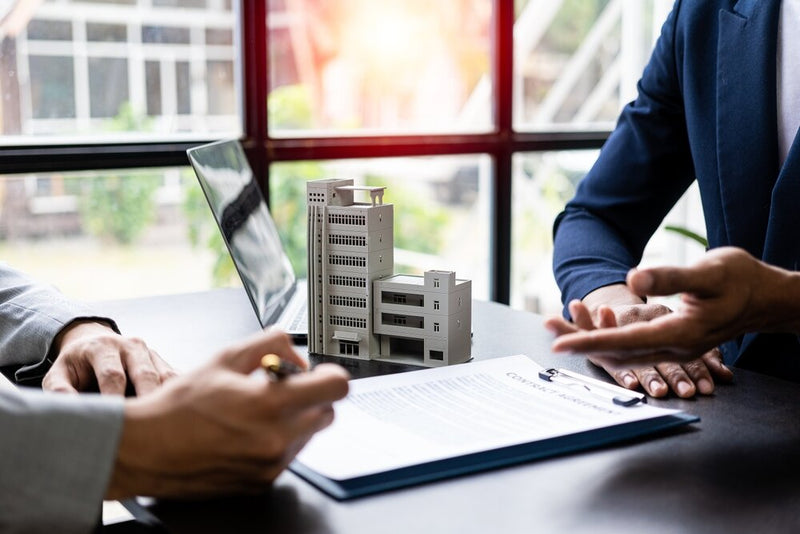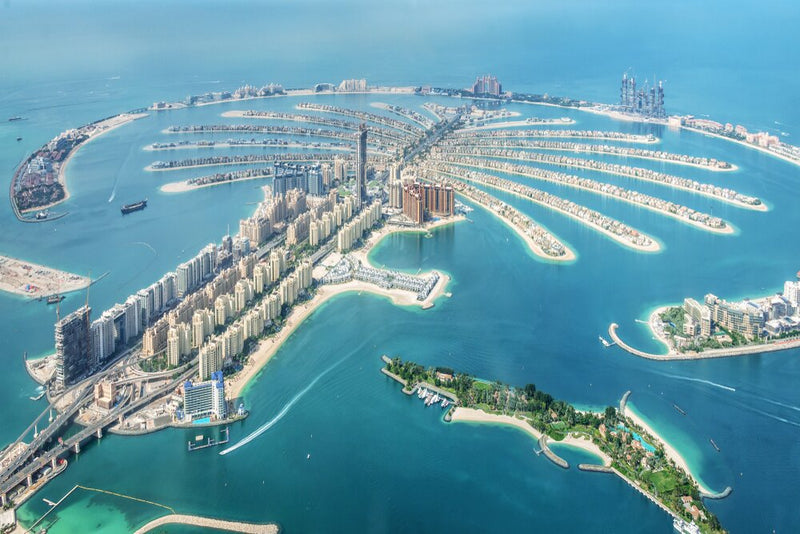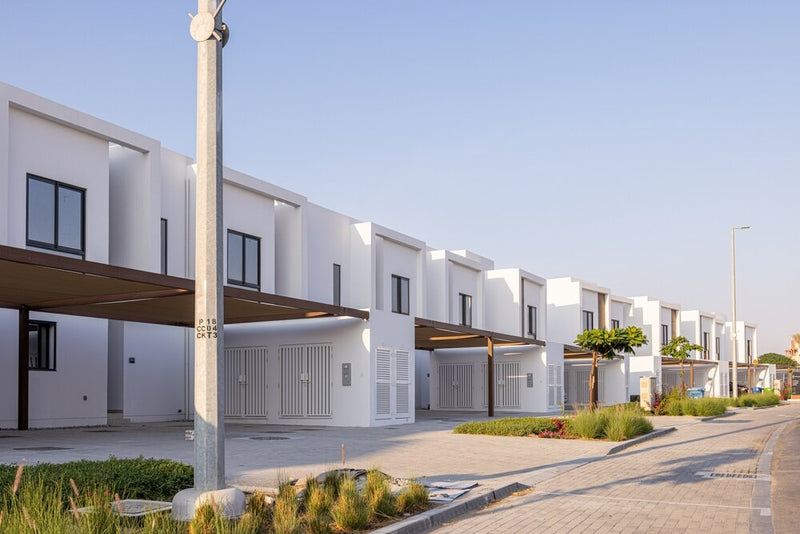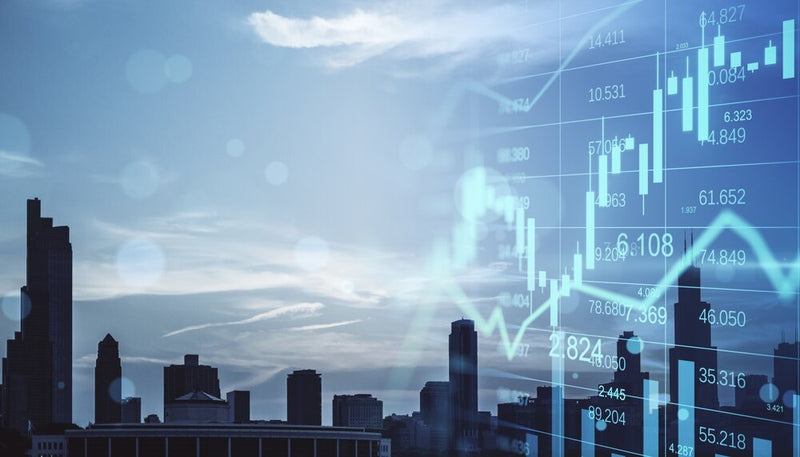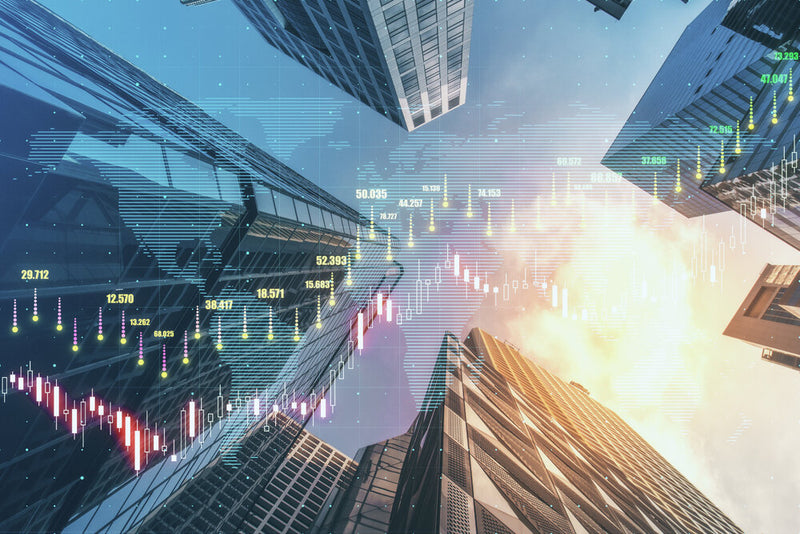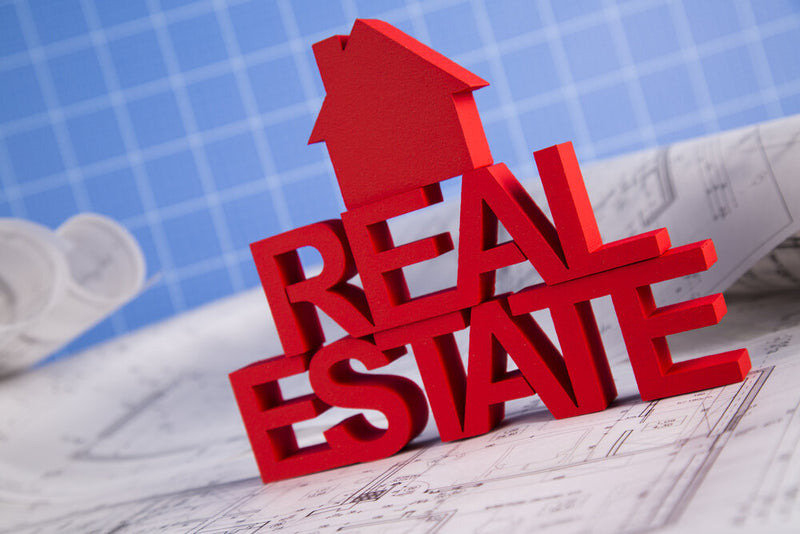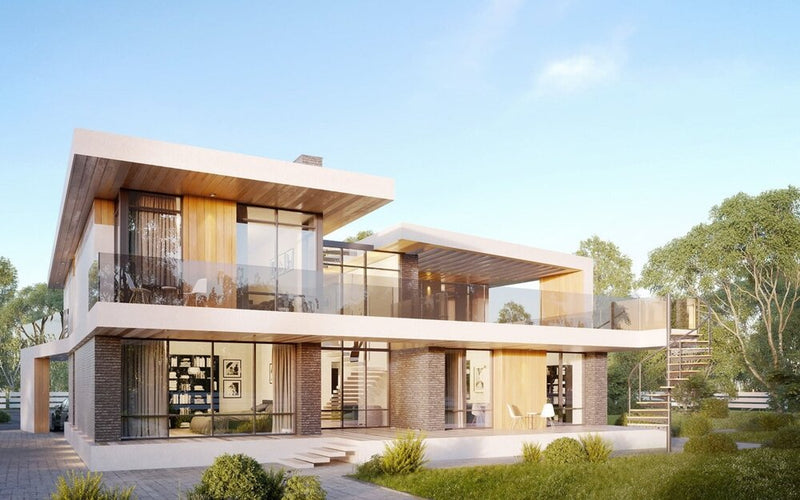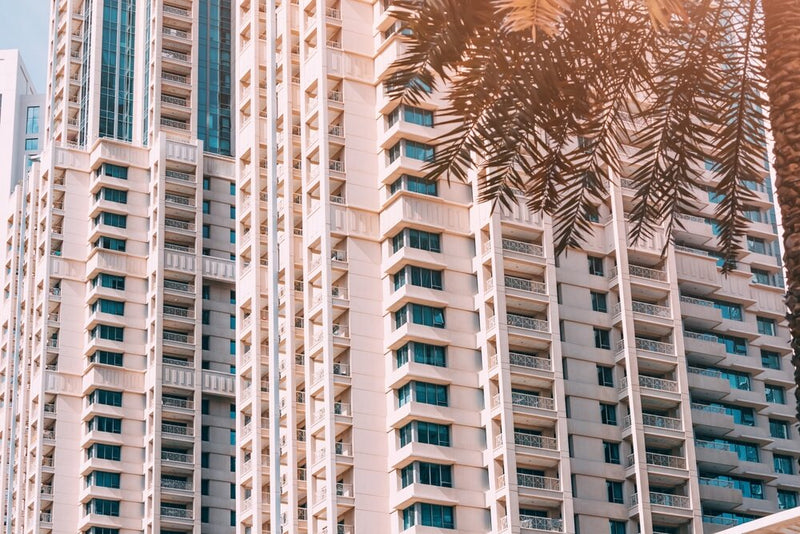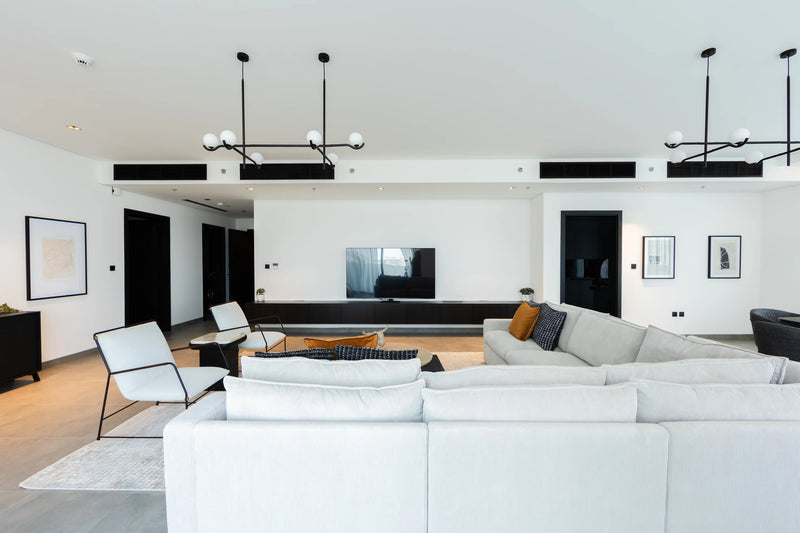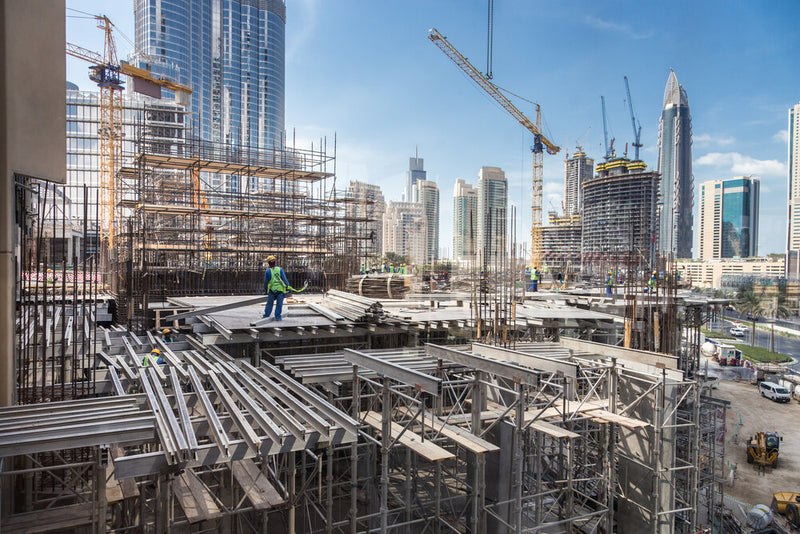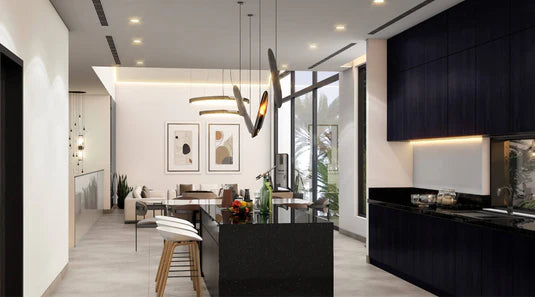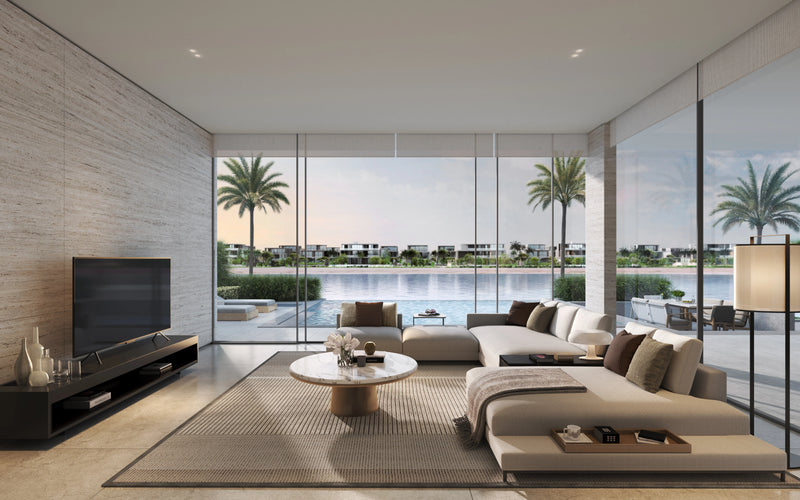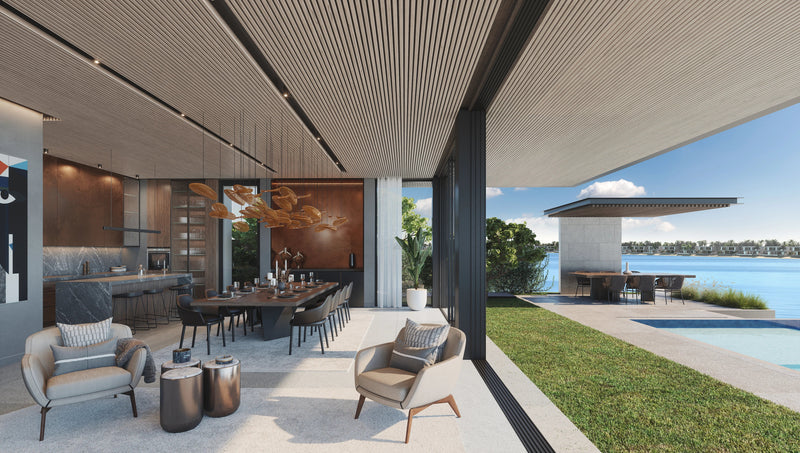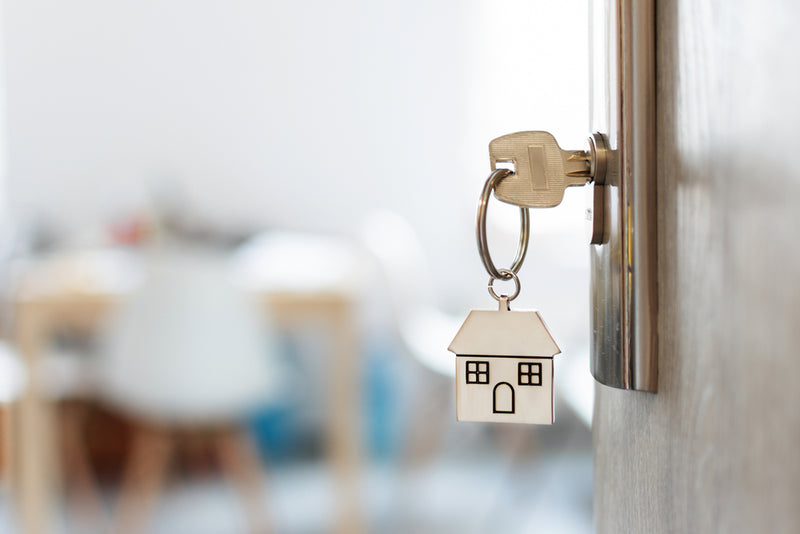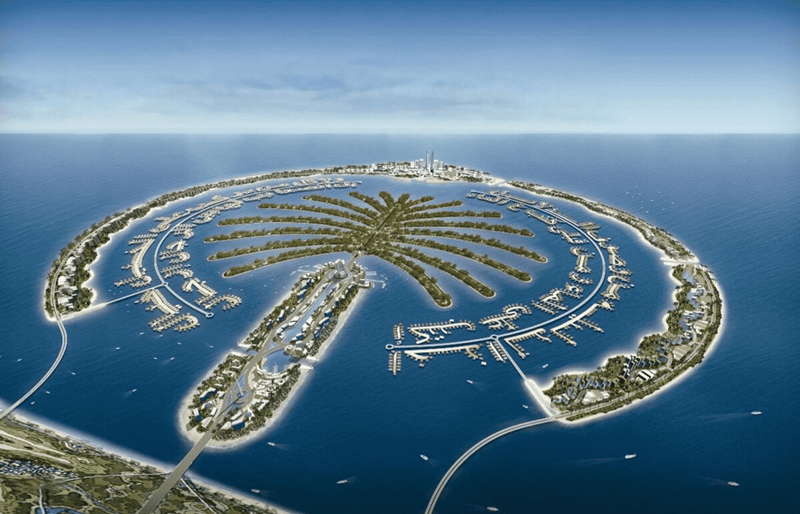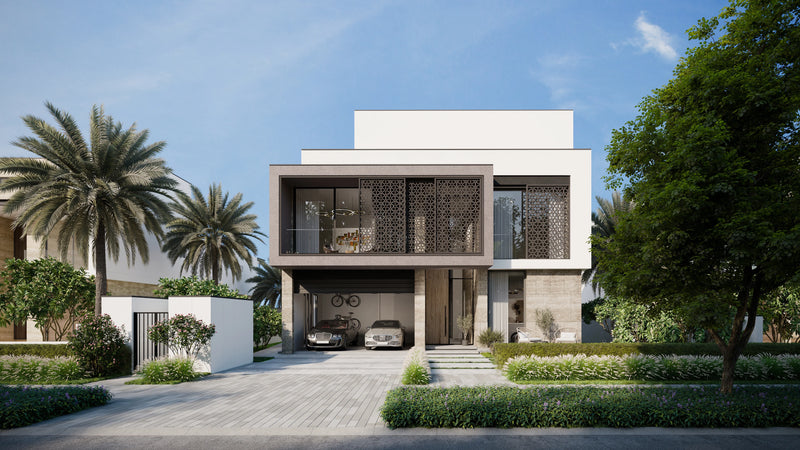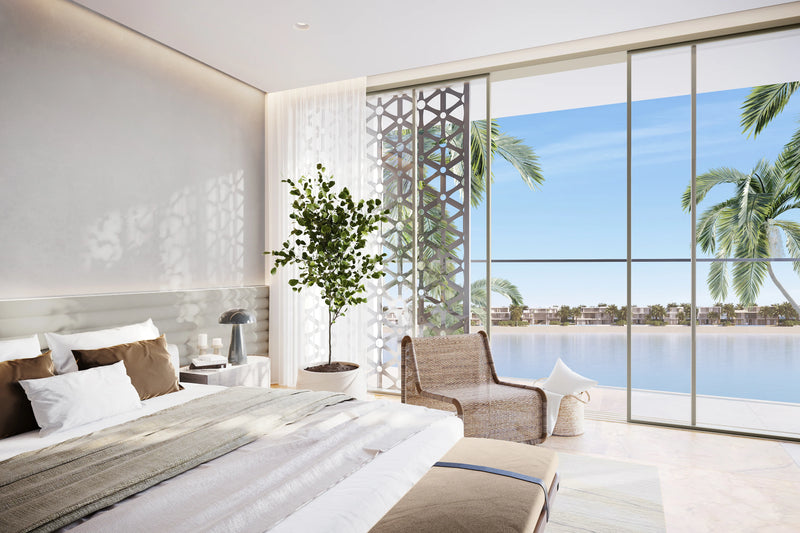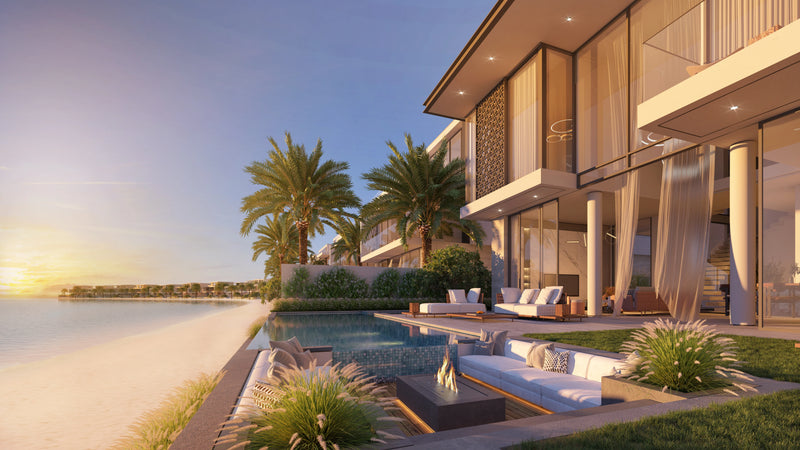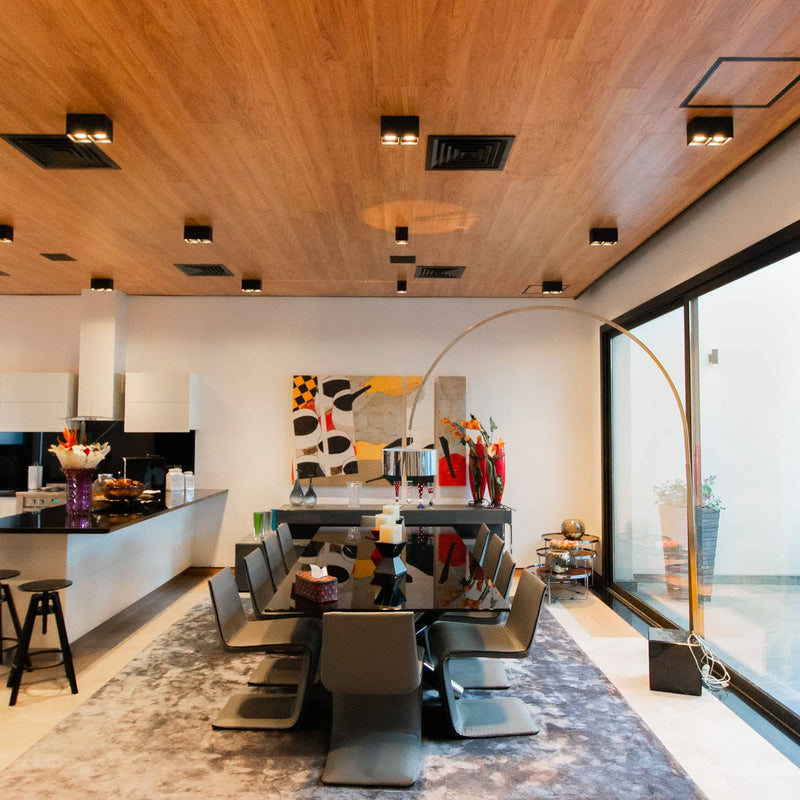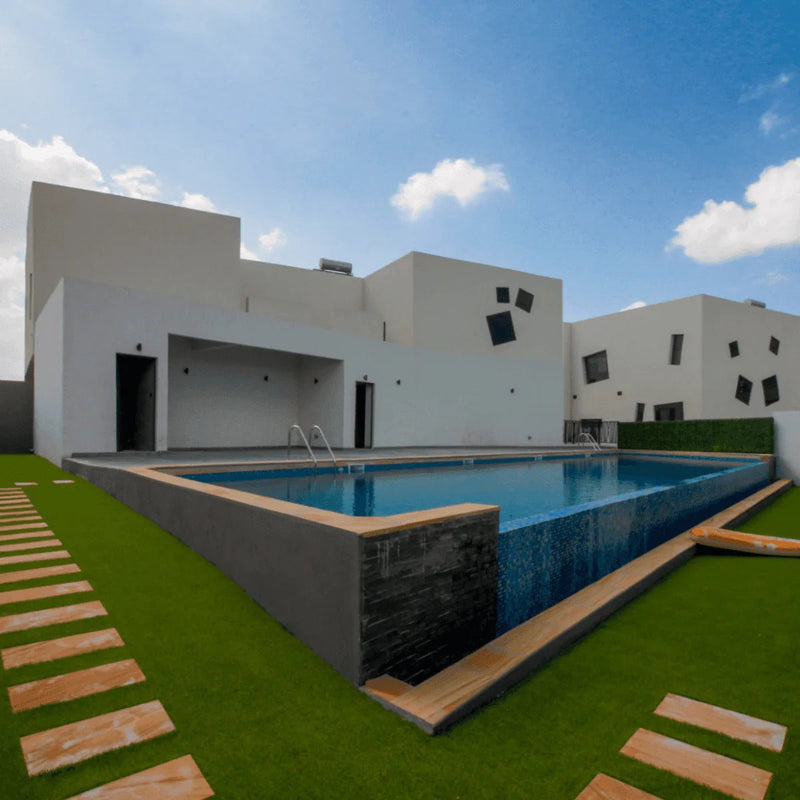Dubai's property sector has transformed phenomenally in tandem with the city's rapid rise on the global stage. Where seaside bungalows once stood, towering architectures now define the innovative skyline.
As more professionals relocate for work, ultra-modern high-rises with amenities cater efficiently to mobile lifestyles. Yet, with more expats choosing to settle long-term, livability remains crucial. A balanced variety of living types have emerged, from opulent waterfront towers to family-friendly apartment complexes.
Recently, villa-style compounds blending suburban serenity with city conveniences have gained immense popularity. By investigating current and future trends, insights can be uncovered into how Dubai accommodates diverse housing preferences while sustaining exceptional growth.
Trends in Dubai's Residential Real Estate Market 2024
Here are some trends you need to know:
-
Shift Towards Affordability
The Dubai real estate market has shifted toward cheaper homes in recent years.
Young working families and individuals seek affordable villas for sale in Dubai and well-designed flats in booming communities. This preference is driven by fiscal considerations and a desire to settle down near schools and amenities without overstretching budgets.
Several new developments have emerged addressing this demand by offering townhouses, mid-rise buildings, and town-villa packages at competitive rates. This has made Dubai's renowned quality of living more accessible for price-sensitive buyers.
-
Rise of Sustainable Living
Another critical trend gaining traction is an increased focus on sustainable design and construction. With climate change concerns mounting, Dubai's progressive leadership prioritizes energy-efficient and eco-friendly living standards.
Many new projects receive LEED and Estidama certifications for green features like solar power, wastewater recycling, electric vehicle charging, and drought-resistant landscaping. Developers also prominently market wellness amenities like walking trails, cycling tracks, and parks.
Residents appreciate sustainably built communities that lower bills and contribute to the UAE's environmental targets. This ethical approach helps attract tenants and buyers looking to reduce their carbon footprint.
-
Tech-Enabled Living
Another significant trend is the growing emphasis on technology across new residential projects.
Advanced properties cater to modern lifestyles through smart home automation, digital security systems, and touchscreen community management. This saves time and effort for residents.
Even Real Estate Agency in Dubai effectively leverage virtual/hybrid marketing methods and AI-backed predictive tools to improve customer service standards in market research, online tours, paperwork, and after sales support.
The sweeping digital transformation enhances living experiences while increasing property values and fueling further investments in Dubai's dynamic market.
-
Focus on Community Living
As more families put down roots in Dubai, developments are increasingly designed with a strong community spirit in mind. In addition to lavish recreational amenities, they foster a sense of belonging through regular social events and support networks.
Owners appreciate well-integrated layouts that encourage walking and participation. The real estate sector recognizes how valuable social capital is for attracting buyers and boosting well-being long-term.
As a result, upcoming projects emphasize community gardening, shared workspaces, and facilities that bring neighbors together in green surroundings. This approach enhances the quality of life for residents of all ages.
-
Rental Market Dynamics
The rental market represents a major facet of Dubai's dynamic property ecosystem. While off-plan purchasing remains famous for investment or future use, short-term rentals cater to the emirate's large expat workforce.
Rental yields remain reasonably lucrative, incentivizing real estate purchases. However, offering competitive amenities and flexible lease terms are crucial to a tenant's native high comfort. The pandemic increased the preference for furnished homes with outdoor areas, home automation, and robust building management.
Landlords better serve to shift occupier demands through refurbished units and packages balancing value and premium experiences. This keeps vacancies down across diverse budget segments.
-
Co-Living Spaces
A new concept gaining traction is co-living spaces tailored for young professionals. These offer private bedrooms alongside communal kitchens, co-working areas, entertainment zones, and rooftop pools within boutique residential blocks.
The friendly, technology-enabled setup fosters spontaneous social interaction to alleviate isolation. It provides an affordable yet high-end alternative to hotels or independent apartments for transient expat renters while smoothing the initial resettling process.
Developers see potential given Dubai's expat majority. Early entrants appear popular among singles or couples, valuing short-term flexibility and a ready-made social network within a secure, amenity-rich property.
-
Remote Work Adaptation
The global shift towards remote and hybrid working presents new opportunities for Dubai's residential sector. Properties are responding by devoting more common areas and apartments to versatile workspaces.
Spacious, brightly lit rooms equipped with quality WiFi and electrical outlets allow residents to split locations between office and home seamlessly.
Developments also prioritize calm, professionally managed shared offices with state-of-the-art conference facilities. These support productivity and work-life balance even for tenants spending more time in Dubai.
Wellness features like walkable neighborhoods and yoga studios further complement evolving work styles. Buyers value locations that enable flexible yet effective living and working.

Frequently Asked Questions
What types of properties are most popular?
Luxury waterfront towers and sprawling family villas with amenities remain most in demand, though affordable apartments are steadily growing.
How affordable is property in Dubai?
While entry-level units start at accessible prices, upkeep costs, and rent yields are reasonable, given the market's stability and returns on investment.
What areas are best for families?
Gated communities like Emirates Hills and Arabian Ranches offer safety and facilities, such as schools and parks, in leafy suburban settings close to the city.
How long does the buying process take?
Timelines vary by development but typically take 3-6 months, including paperwork processing, payments, and handing over of keys once legal procedures finalize the sale.
Conclusion
Dubai's multifaceted property sector reflects the dynamic emirate's ability to reinvent itself while constantly meeting evolving demands.
In gleaming downtown districts or secluded golf course estates, residents enjoy upgraded infrastructure and round-the-clock connectivity in verdant, well-planned communities.
The strategic course taken to nurture a balanced portfolio from budget-friendly high-rises to exclusive compounds ensures Dubai remains competitive for talent on the global stage.
With sustainability and quality of life prioritize equally with expansion, the city's real estate phenomenon looks poised for continued success.

